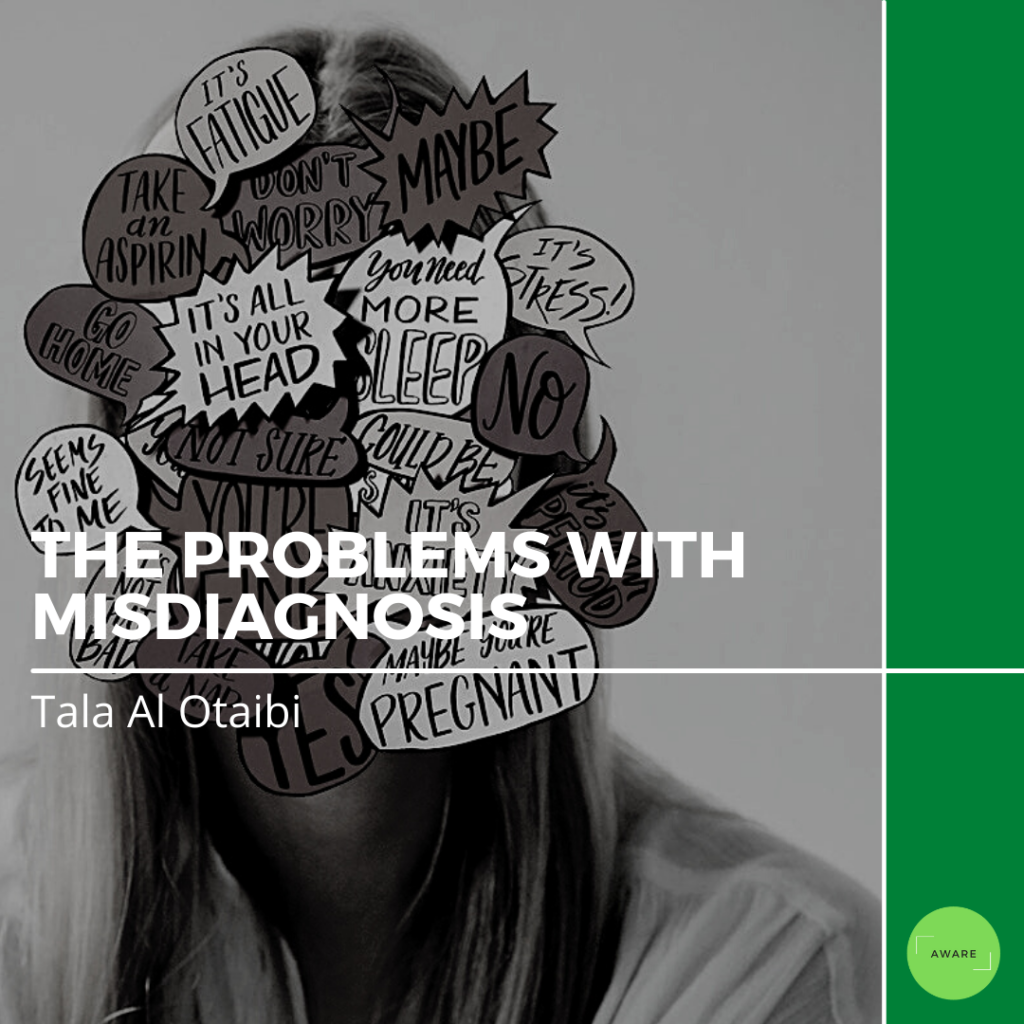Like anything in our lives, there is always a possibility of an error or mistake occurring. Psychiatry is not an exact science. Hence, you could say that the chances of an error occurring are higher. We are merely human beings, and we are very capable of making mistakes.
Psychological Disorders
The field of psychiatry looks into disorders that cannot be diagnosed through an x-ray or a blood test. Instead, disorders are normally diagnosed through conversations, small assessments, and checklists. Psychiatry is a field that depends on the sole interpretation of the physician. While that is the case for regular medicine, you cannot “run” a test to diagnose a mental disorder. Many disorders tend to overlap in terms of symptoms and manifestations. Furthermore, many disorders are also comorbid. This entails that some disorders, while separate, tend to occur together at the same time quite often.
Why Is Misdiagnosis a Problem?
If you broke a bone in your foot, would you want to treat it using painkillers alone? Chances are, your answer is a no. You will most likely need to get a cast for a long period of time. After the cast is taken off, you may need some physiotherapy. There are many measures that need to be taken when caring for a broken foot. In that same way, treating a mental illness occurs in many ways. There are specific steps that need to be taken in order to ensure optimal psychological and mental wellbeing. Hence, mental health misdiagnosis can be very alarming and dangerous because it keeps one away from reaching the desired recovery.
What Could Happen?
The unfortunate truth is that your condition could very much worsen. Should you be treated according to a wrong diagnosis, your actual condition could worsen because it is receiving a treatment it does not need. An example of such a case could include a misdiagnosis of major depressive disorder when the actual condition is bipolar disorder. Misdiagnosing bipolar disorder with MDD completely disregards treatment for manic episodes and only focuses on depressive episodes. In that case, the mood of the individual could become far more unstable.
What Could Be Done?
While physicians are expected to correct their past mistakes and look out for disorders that may be difficult to find, it is also the job of patients to cooperate to the best of their abilities. This is where self-awareness and education come in. It is not very advised to rely on what you read online as that could lead you to self-diagnose yourself and prevent you from seeking the best treatment. However, it is still very good to obtain some knowledge about what you are feeling because this will help you tell your physician everything they need to know. In the example of bipolar disorder, a patient must be able to recognize the fluctuation in moods and inform the physician about the transitions from one episode to another.
